Windows Central Verdict
Mundane chores in a convent and trekking across the frozen Russian tundra as a Nun doesn't sound like the best way to spend an evening, but the devil is in the details, here. Odd Meter, the developers behind Indika, have found a way to make this seemingly simple story work with the power of environmental puzzles, dark humor, and light psychological horror. Oh, and just a touch of experimental game design. You love to see it.
Pros
- +
Third-person puzzle gameplay blended with unique retro pixel sequences for flashbacks.
- +
Excellent use of dark humor and psychological horror together, each keeping the other from becoming overbearing.
- +
A tongue-firmly-in-cheek look at religious beliefs with impactful narrative about the potential effects of those beliefs.
Cons
- -
Some gameplay mechanics are underutilized, most likely due to the shorter runtime.
- -
Not all dialog had adequate and accurate subtitles.
Why you can trust Windows Central
When it comes to indie games, I have a penchant for the odd. One might even say it's a special soft spot for studios that are telling unique stories, creating outlandish characters, or just trying to find something to give their game that extra little bit of flair. I'm particularly enamored when a story is just plain weird. Boy, did Odd Meter find it in themselves to take up that challenge.
Indika embraces experimental story-telling and environmental puzzle-solving to create this rich, unconventional world in the Russian tundra that is both surprisingly alive and hauntingly sparse. Blending dark humor and impactful psychological horror elements finds a way to leave players in constant disbelief at what they're seeing and hearing, but unable (or unwilling) to look away from the events on the screen. It comes together to remind us what truly creative and original indie storytelling can be when it is unafraid to take risks and embrace the extraordinary.
What is Indika?
Indika is a third-person narrative-driven indie game developed by Odd Meter and published by 11 bit studios. The story follows a young nun, Indika, through her time as part of a convent in an alternative 19th-century Russia. After receiving orders to deliver a letter and being given a blessing to leave the convent's campus, Indika finds herself on a dark and harrowing journey of self-discovery. Indika's journey forces her to come to grips with her own demons, like the devil that is constantly whispering torment inside her head.
Indika launches on PC via Steam and Epic Games Store, and the Xbox Series X|S
and PlayStation 5 consoles on May 2.
Indika
Experience the life of a nun possessed by the devil, himself, in this experimental, art-house indie. Dark humor, psychological horror, and environmental puzzle mechanics come together to create an original narrative experience that will stay with you long after the game ends.
Wishlist now: GOG | GreenManGaming | Steam | Xbox | Epic Games Store | PlayStation
Indika review — The good
We're introduced to Indika, a young nun living among a convent of sisters in an imagined alternative history setting of 19th-century Russia. The land is cold and sterile and covered in snow, and we join Indika as she clumsily completes mundane chores like drawing water from a well. We're quickly introduced to Indika's internal monologue, where she questions the teachings of the church and the value of the work she is assigned. We also become aware of her companion, a demonic presence that creeps into her thoughts and is occasionally portrayed via hallucinations and other surreal events.
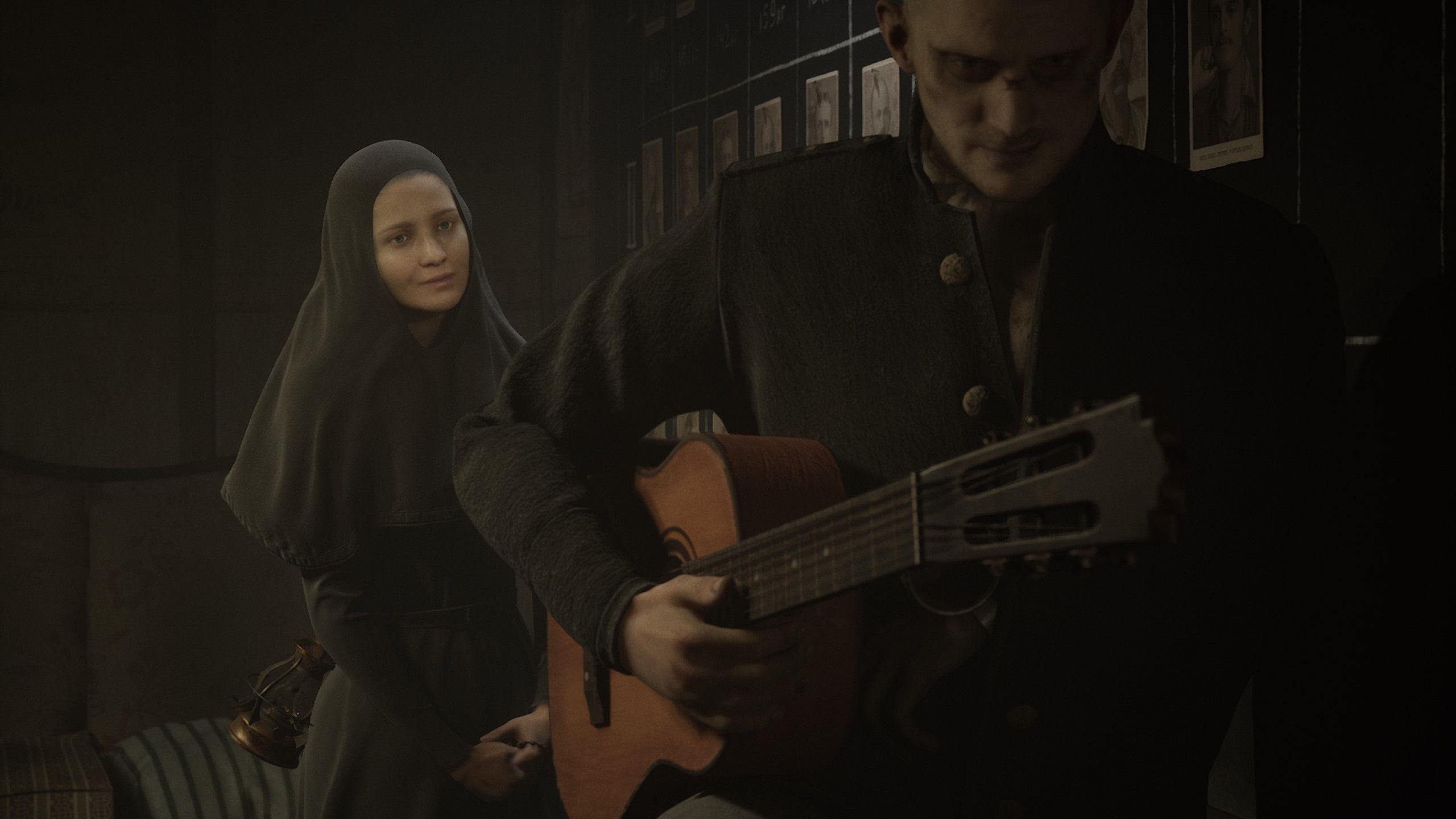

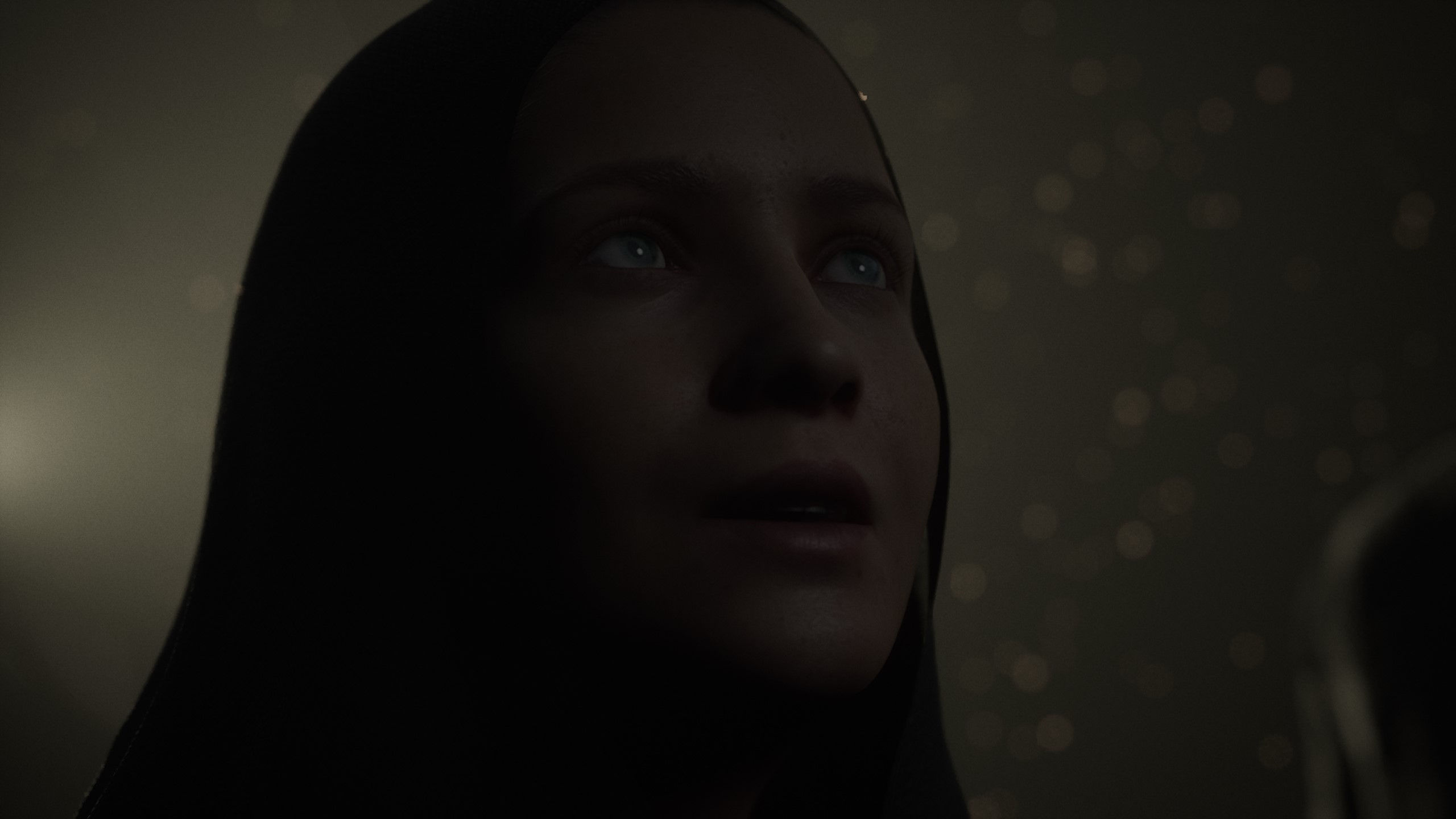
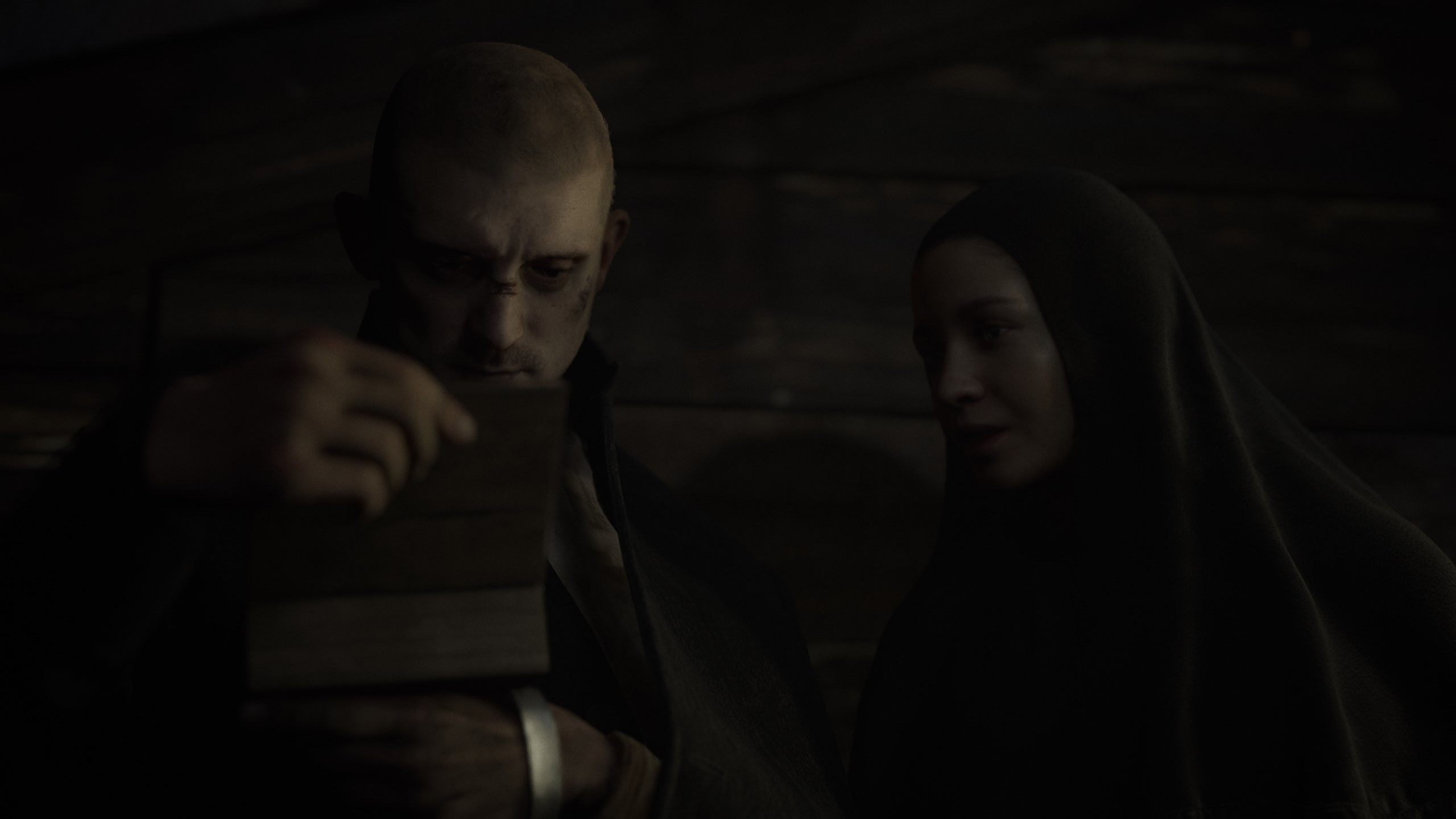
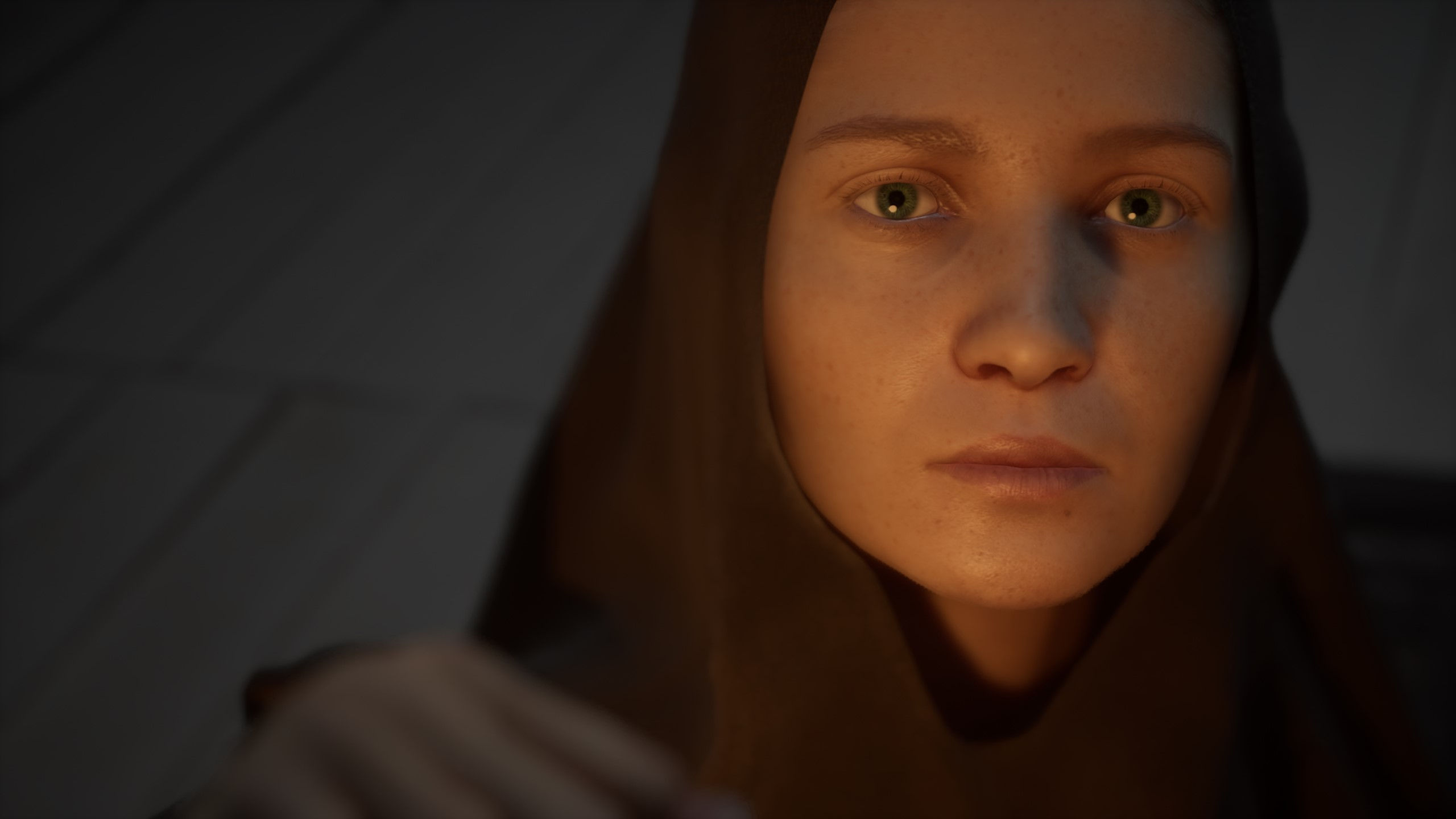
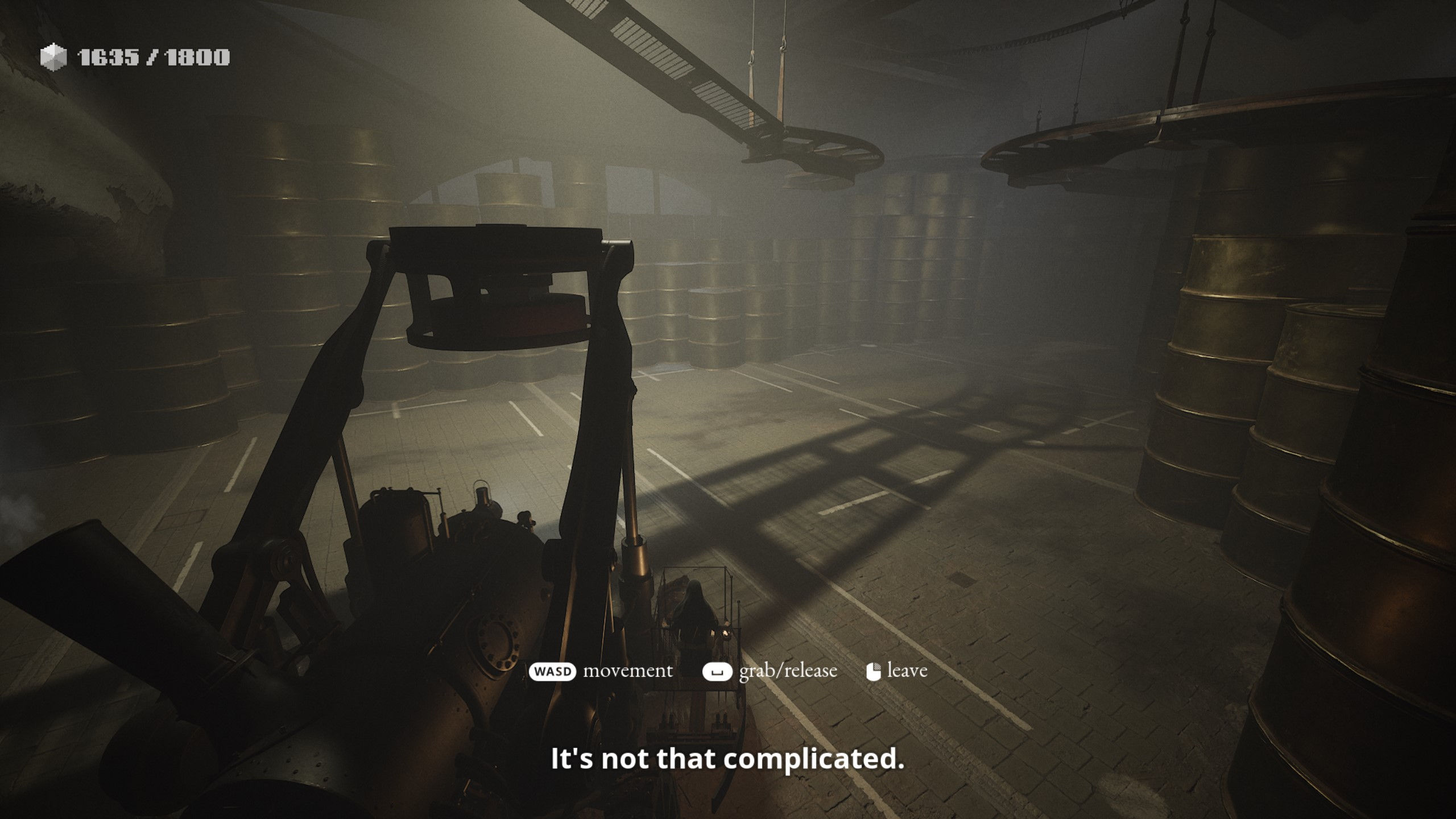

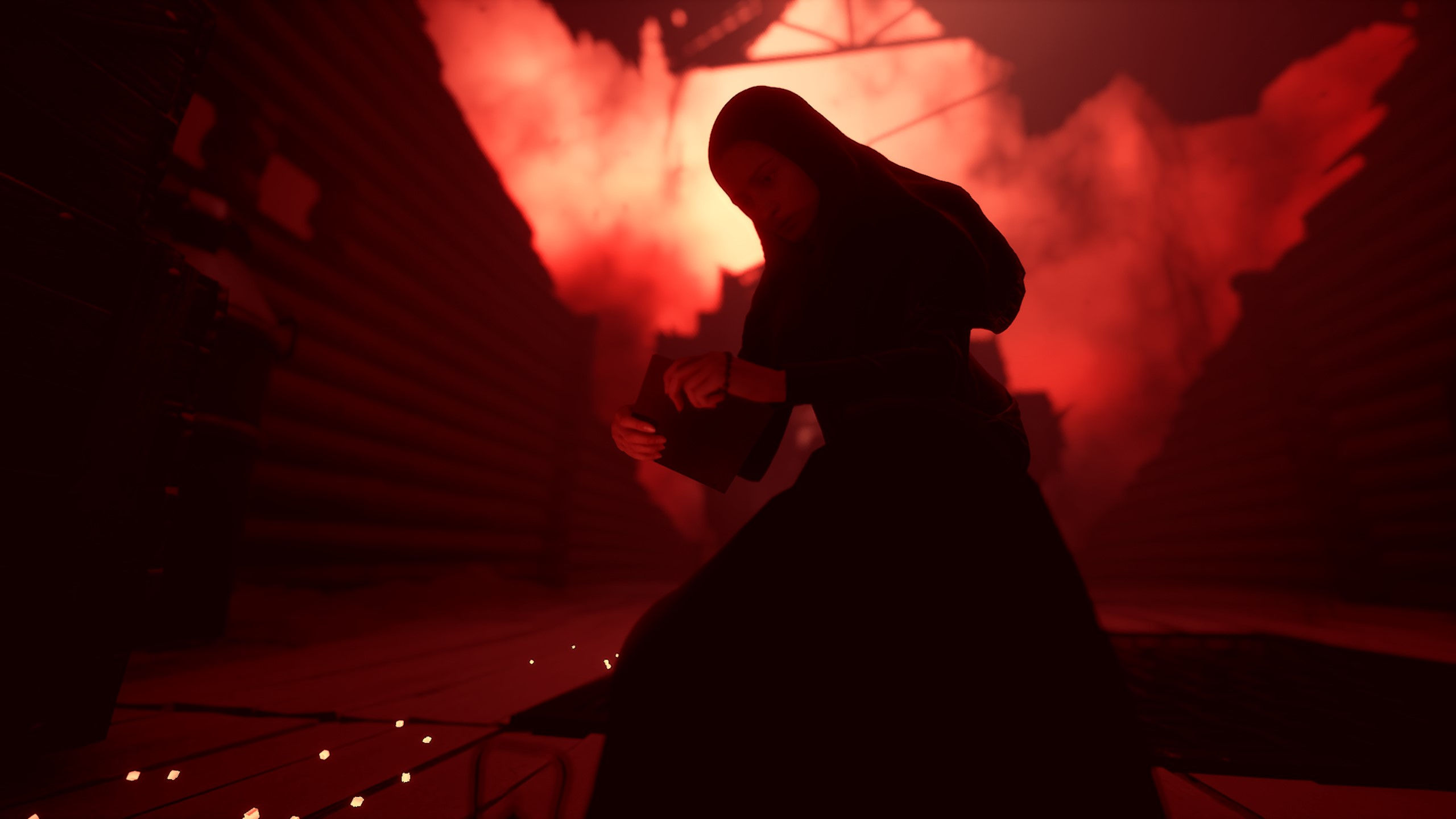
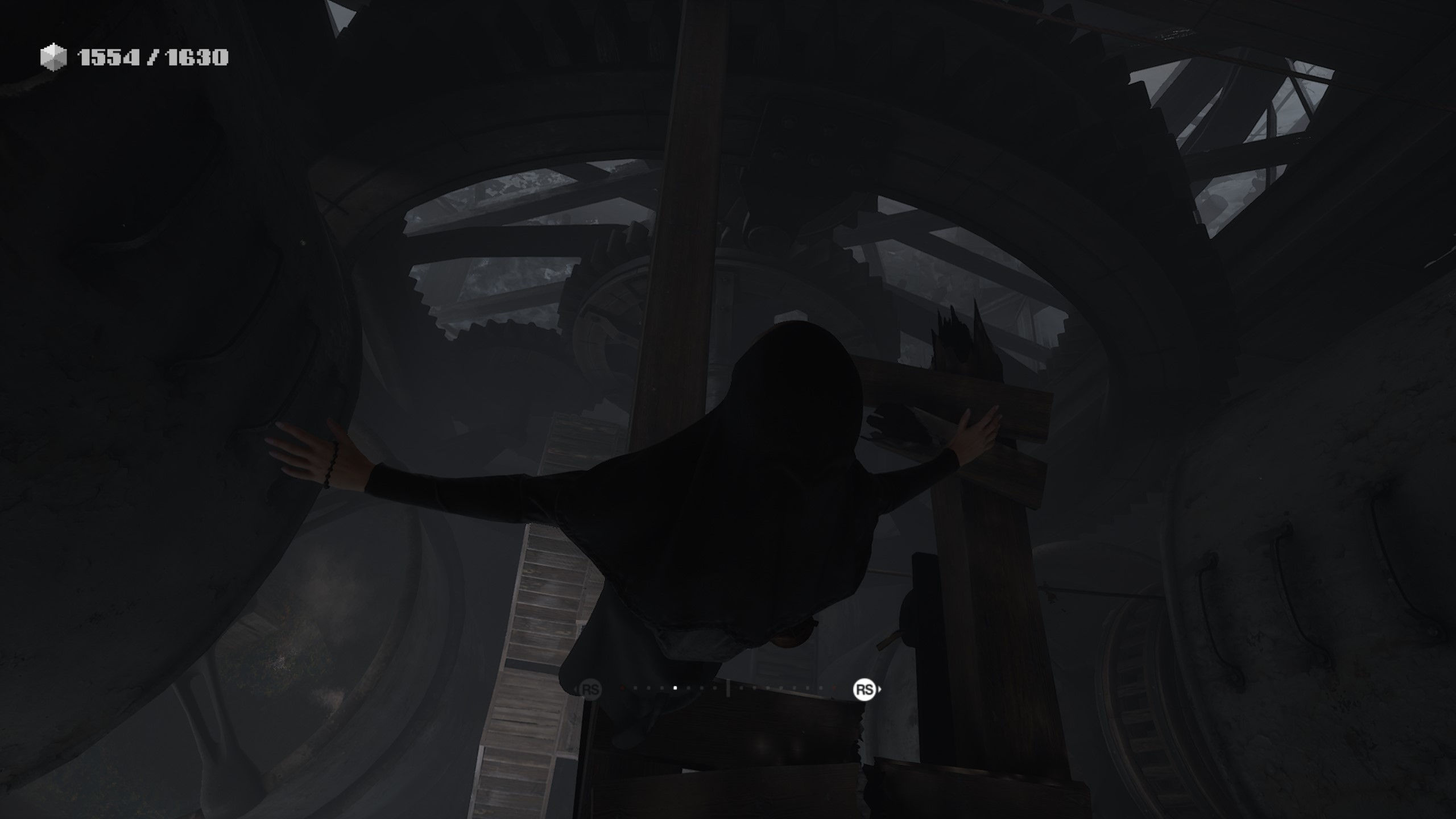

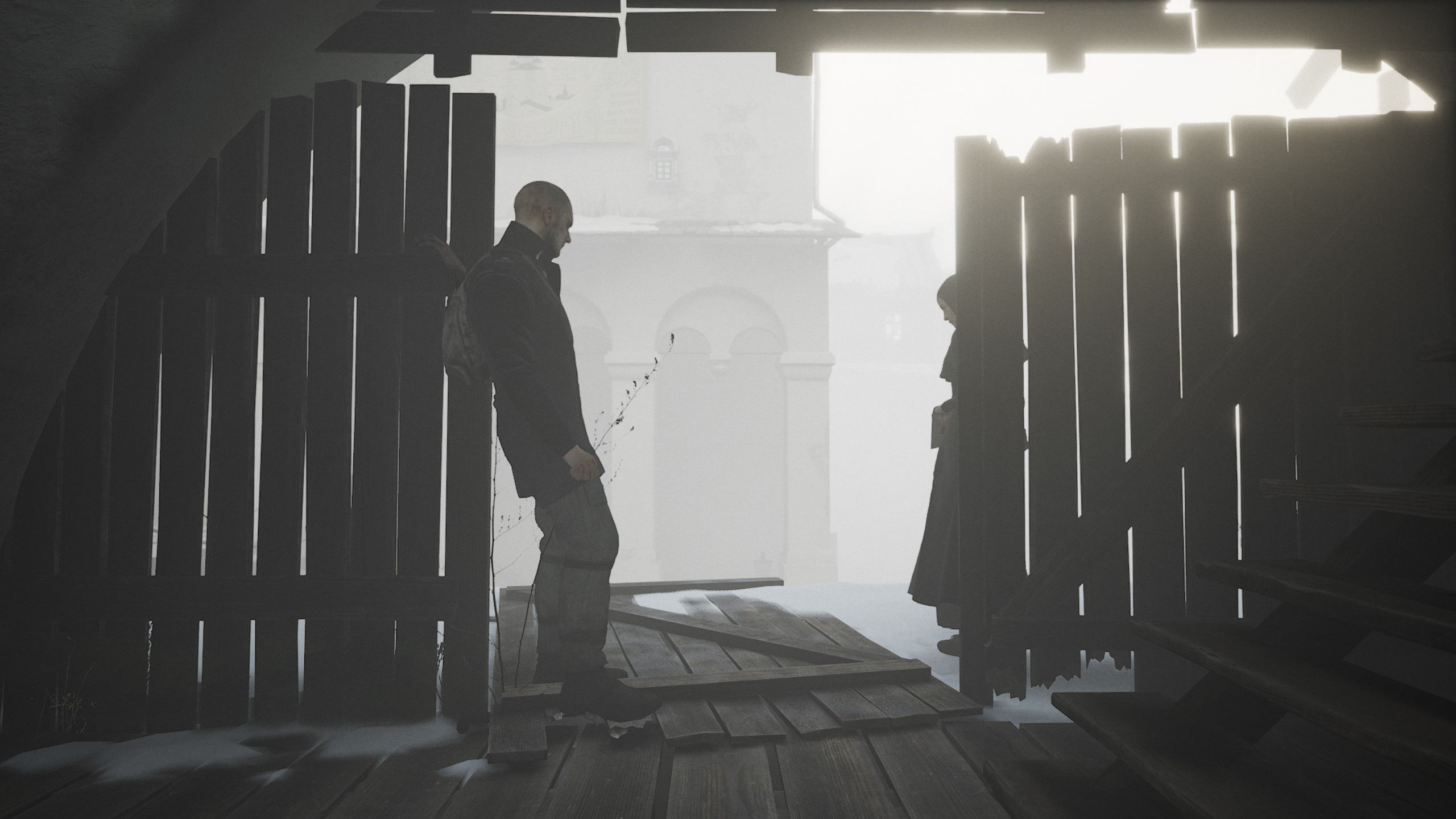
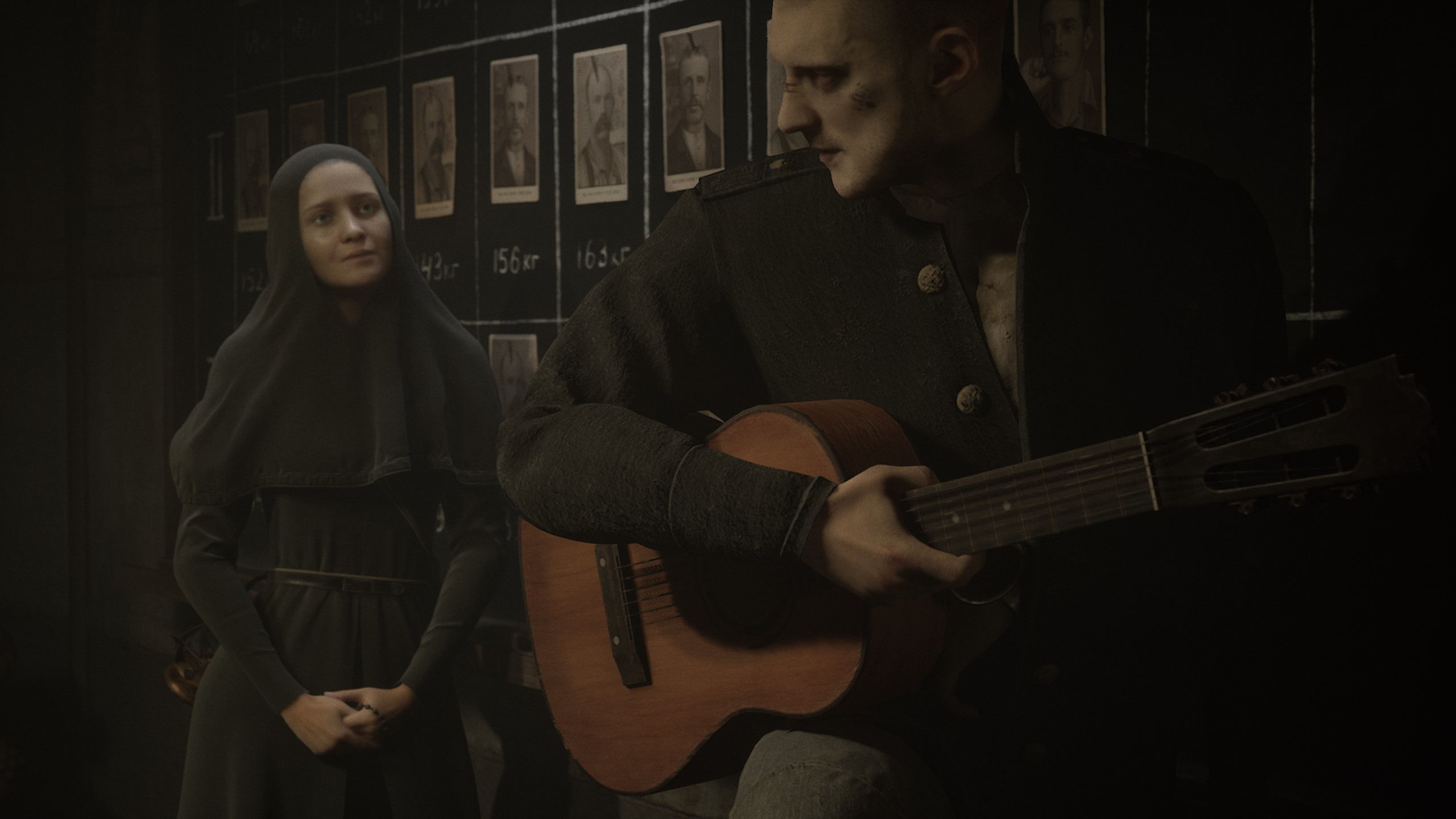
We also learn that Indika is not much liked by her sisters of the cloth nor the clergy of the convent. She has been denied blessings to leave the compound for more than a year, but that changes at the start of the game when she is given a duty to deliver an important letter. Indika kicks off on her journey, and before long we, as the player, are introduced to some of the environmental puzzles that we will need to overcome in order to progress. Indika must find a way to cross a partially frozen creek when the guard refuses to help her.
A little ingenuity will set her on her way, but her troubles are only just beginning, as doubt and an ungodly voice in the back of her mind leads to her world being literally torn apart. It's a little on the nose, as far as allegory goes, but Odd Meter's visual representation of the world around Indika being visibly altered by her mental state is striking when it does occur. Indika can pray to restore the world, or allow the doubt to consume her to keep it destroyed, which may provide a path to overcoming obstacles that might not have otherwise been available.
All the latest news, reviews, and guides for Windows and Xbox diehards.
Indika's journey has her meet a cast of characters that are almost as unusual as she is. They all help to create a narrative where our heroine must find a balance between doing what she feels is right and what she has been told is the more godly choice.
Indika's world is clearly set in a distorted version of the past, but it can often be difficult to pinpoint just what is off, exactly. Her adventures take her through carefully crafted villages, but there is always this uncomfortable chatter happening in the distance and the buildings are strangely lopsided and placed on precarious hillsides that look like they could topple away at any moment.
This entire world regularly takes a back seat to Indika's flashbacks, which are presented as retro pixel art with old-school text bubbles. One minigame even has the player tasked with collecting coins in a Pac-Man-style maze. The retro video game aesthetic is so out of place in this historical Russian narrative. Yet it still makes almost perfect sense for Indika, who would have never seen an actual video game, to see her world and her memories in such an unusual way.
Indika review — The bad
If there's any one thing that Indika gets wrong, it's that there simply isn't enough of the game. I wanted more time with this character I was falling in love with, I wanted to hear more stories, see her find strange solutions to overcoming her obstacles. It's both a blessing and a curse that Indika's runtime is roughly 5–6 hours long. The story pacing keeps things moving along because there's no real room for in the length to waste on unnecessary sub-plots.
However, it limits how much we can glean from the characters, their motives, and even their place in the story's final act. This does also lead to game mechanics feeling underutilized, specifically Indika's use of prayer to overcome obstacles.
The game does also suffer from subtitles that are slightly inaccurate or completely absent. While the accessibility settings do offer some adjustment sliders and the option to increase the size of subtitles on the screen, it helps little if the subtitles during Indika's prayers or murmurs by background NPCs are completely lost. This poses a problem during some game play sequences, which rely on Indika hearing a distant noise to know to explore a certain area.
Indika review — Should you buy it?
Indie gaming has always been a sector of the entertainment industry that was willing to create wild stories, unique gameplay experiences, and take risks with a game's narrative. The creative freedom and risk-taking that forged the indie sector, however, has reached an impasse with a gaming market that is saturated by studios looking to create 'the next big thing'.
There have been less of risky, art-house-style gaming experiences hitting the market, and indie studios have been feeling the squeeze as the entire gaming sector stagnates. Studios of all sizes have faced closure, mass lay-offs, and dried-up funding resources for projects even as we, the players, see an influx of exceptional quality games releasing back-to-back. Knowing the state of the industry today makes me all the more appreciative that a game like Indika could just fall into our laps. I'm acutely aware that this game could've been pitched hundreds of times, and brushed off for being too weird, or worse — niche.
Don't get me wrong. Indika is weird and niche, but 11 bit studios and Odd Meter took a chance on it, anyway. A wild tale of an unreliable narrator — a nun, no less! — possessed by a devil in this cold, white, sterile, and almost apocalyptic world where everything feels just a little off. A tale of self-discovery, questioning, growth, and regression.
Indika is exactly the kind of story that indie gaming is made for.

Cole is the resident Call of Duty know-it-all and indie game enthusiast for Windows Central. She's a lifelong artist with two decades of experience in digital painting, and she will happily talk your ear off about budget pen displays.



